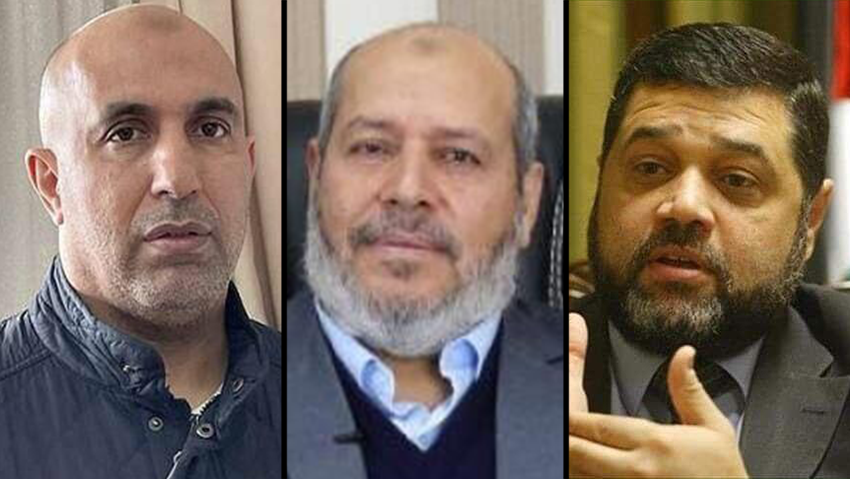Since 2019, and following the evolving relations between Hezbollah and Hamas in Lebanon, Beirut has transformed into a hub for some of the top Hamas leaders and a crucial station for their political and security presence. One of the reasons lies in the new order of relations between Hezbollah and Hamas, a shift that began in 2017. Simultaneously, Yahya Sinwar's team took the initiative within the terrorist organization, relocating the camp of Khaled Mashal.
Read more:
The assassination of Saleh al-Arouri, Hamas's number two, revealed the location of Hamas leaders in Lebanon, nestled in the heart of the Dahiyeh quarter, Hezbollah's stronghold. The London-based newspaper Al-Araby recently published that Hamas is attempting to establish an alternative refuge in Lebanon for its leaders after the Gaza war, under the political cover of Hezbollah. Following Tuesday's assassination, these plans may undergo revisions.
In the summer of 2018, al-Arouri arrived in Beirut after wandering between several countries since being expelled from Israel upon his release from prison. During his time in Lebanon, he played a crucial role in connecting Hamas to Hezbollah, assisting in building and leading a new alliance between Iran, Hezbollah, and Hamas.
In recent years, Hamas has deepened its presence in Lebanon. In early December, in an attempt to establish itself in the country, Hamas announced the formation of "Al-Aqsa Pioneers" and called on the public to join in "shaping the future of the Palestinian people and liberating Jerusalem and the Al-Aqsa Mosque." Hamas stated that this step was aimed at strengthening the Palestinian people's role wherever they are located.
However, many in Lebanon did not welcome the idea, fearing that the "Al-Aqsa Pioneers" would take on a military or security character, sparking controversy in Lebanon. Beirut became a regular station for Hamas leaders such as Khalil al-Hayya, responsible for Arab and Islamic relations, Zaher Jabarin, in charge of the prisoner affairs portfolio, and Osama Hamdan, Hamas representative, who holds weekly press conferences on developments in the ongoing war.
ביירות לבנון סאלח אל עארורי בכיר ארגון טרור חמאס מחבל חבלה חיסול מחסלים חיסלו צה"ל התקפה מתקיפים חוסל ערבי ערבים מלחמה לחימה חרבות ברזל בניין הושמד השמדה הרס הריסות בניינים
(צילום: רויטרס)
al-Hayya and Jabarin started to visit Lebanon more frequently following Turkey's rapprochement with Israel, leading Hamas to make Lebanon one of the most important strongholds within its political presence.
Hamas's decision to expand its security and military presence in Lebanon aligns with the goal articulated by some leaders in the resistance axis - the "Unity of Fronts and Arenas." This strategy, including al-Arouri's arrival in Beirut as part of Sinwar's new leadership, aims to align Lebanon alongside Gaza. Regardless of the size of the movement's military presence in Lebanon, it is evident today that there is a tendency to connect the Lebanese arena to all fronts, reflecting the current developments in the war.




